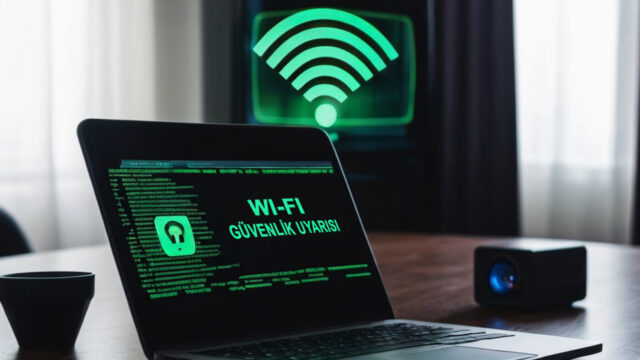In a digital age where privacy seems to be vanishing, many smartphone users now face an unsettling reality: their devices might be listening to their conversations. As digital assistants like Siri and Google Assistant gain prominence, concerns about unintended eavesdropping have intensified. Today, cybersecurity experts reveal essential steps to protect your personal space from prying apps.
Reports indicate that smartphones may listen to ambient sounds, particularly when voice-activated functions remain on by default. Digital assistants offer convenience, responding instantly to commands like “Hey Siri” or “OK Google.” Yet, these features create a gray area in privacy, often picking up more than intended. A recent study found that phones might activate without explicit commands, collecting surrounding voices or sounds. These interactions may seem harmless but can gather sensitive data, creating a potential risk.
If your phone is requesting microphone access under seemingly unrelated needs…
Privacy advocates warn that apps can abuse permissions, requesting microphone access under seemingly unrelated needs. For instance, certain social media apps ask for microphone access, claiming improved user experience. Once granted, these permissions might remain active, even when the app runs in the background.
So, how can you take control of your device and limit its listening powers? To control which app is “spying” on you, follow these steps:
- Open the settings on your Android device.
- Select “Apps” or “Apps & notifications.”
- Find the app you want to restrict microphone access for.
- Open its settings.
- Find the “Permissions” section.
- Find the “Microphone” option and turn it off.
Experts also suggest regularly reviewing your app permissions, removing unnecessary ones to minimize exposure.
These simple actions empower users to regain control over their smartphones. By understanding the potential for eavesdropping, individuals can take immediate steps to protect their data and privacy.














